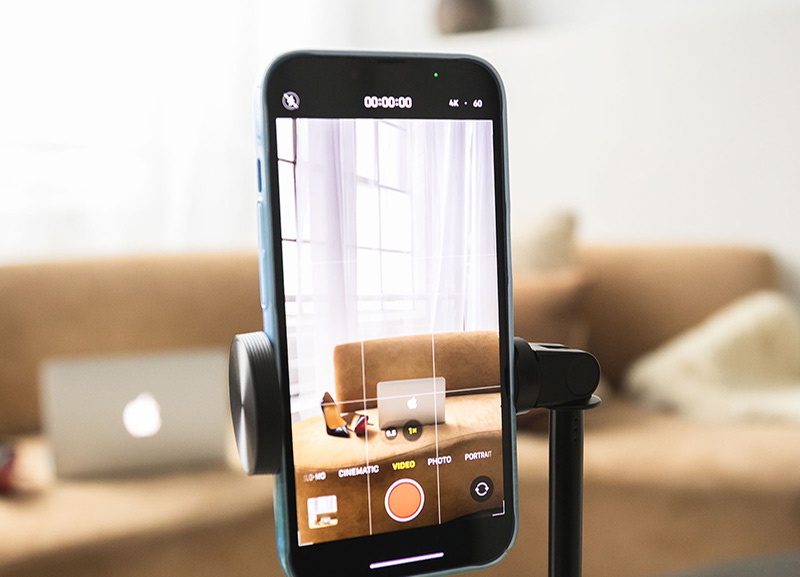How to Market Wellness Products to Millennials & Gen Z
As wellness brands grow in popularity, understanding how to market wellness products to Millennials and Gen Z is key to standing out in this competitive landscape. Millennials, known for their commitment to self-care and wellness, are selective with their spending, opting for brands that align with their values and lifestyle. In fact, 73% of Millennials are willing to spend more on sustainable products, and they are 50% more likely than other generations to consider the social and environmental impact of their purchases (source: Pro Rank Tracker, Wellpreneur).
Since both generations are avid social media users, brands that promote transparency, inclusivity, and authenticity resonate strongly.
Here are some actionable strategies to engage Millennial consumers effectively.
Leverage Authenticity and Transparency
Both Millennials and Gen Z want to support brands that genuinely reflect their values. These generations are keenly aware of greenwashing and misleading marketing, so brands need to demonstrate true transparency in their products, ingredients, and values.
- Example: Drunk Elephant, a skincare brand, built a loyal following by openly sharing every ingredient in its products and explaining its commitment to non-toxic skincare. They share “no BS” messaging, breaking down ingredients in ways that make consumers feel informed and valued.
Share User-Generated Content (UGC)
User-generated content is incredibly effective at fostering trust and community. When brands share real customer photos, reviews, or experiences, they create a sense of community around the product and inspire others to join in.
- Example: Lush Cosmetics encourages customers to share their experiences using branded hashtags like #LushLife. They frequently feature customer photos on their Instagram page, celebrating their community and creating a loop of authentic content that attracts new followers.
Embrace Social Media Trends
Both generations are actively engaged with Instagram and TikTok, where trends move quickly. Participating in viral challenges, trending audio, and interactive content like polls and quizzes can be highly effective.
- Example: Oatly, the plant-based milk brand, used humorous memes and trendy audio on TikTok to establish itself as a playful and relatable brand in the wellness space. By aligning with platform trends, they connect with audiences in an authentic way and increase brand visibility.
Invest in Influencer Partnerships
Millennials are heavily influenced by content creators, particularly those who align with their values. Partnering with influencers—especially micro-influencers with strong niche followings—can help brands reach a more targeted, engaged audience.
- Example: Ritual, a vitamin brand, collaborated with health-conscious influencers who could authentically endorse their clean, science-backed products. By leveraging influencer voices that their target market trusts, Ritual was able to expand their reach while maintaining credibility.
Create Meaningful Experiences
Younger consumers prioritize experiences over products. Brands that offer memorable experiences, either online or in-person, can forge deeper connections with this demographic.
- Example: Headspace, a wellness app focused on meditation, regularly hosts virtual events and challenges where users can collectively meditate and share their journeys. By creating a sense of community and providing a unique experience, Headspace reinforces its value and connection with its users.
Promote Wellness Education
Millennials and Gen Z are eager to learn and are often driven by self-improvement. Providing educational content can position a wellness brand as a trusted resource, which builds loyalty and trust.
- Example: Moon Juice, a wellness brand offering supplements and natural products, uses blog posts, newsletters, and social media to educate customers on topics like adaptogens, stress management, and holistic health. This not only attracts informed consumers but also positions Moon Juice as a knowledgeable leader in wellness.
For additional tips on boosting your brand’s social presence, check out our Social Media Audit Guide for a step-by-step checklist that enhances your strategy.
Soar Media Group specializes in crafting social media strategies and engaging content that resonate with Millennial audiences. If you’re struggling to reach these valuable demographics, contact us to see how we can help elevate your wellness brand!
Articles you might also be interested in –
Soar Media Group is a full-service social media marketing agency located in Toronto. We help lifestyle brands create unique social media experiences through digital storytelling and content marketing. Contact us for a quote.




